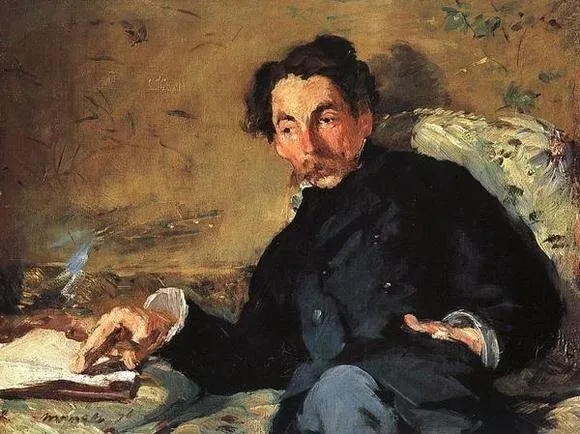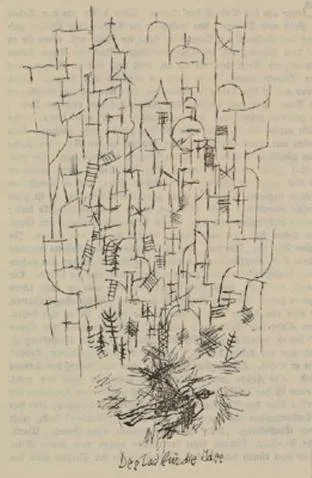
Stéphane Mallarmé, renewer of the aesthetic canon of poetry (Part II)
Mallarmé even went so far as to construct a definition of poetry:
Poetry is the expression, through human language brought to its essential rhythm, of the mysterious sense of the aspects of existence: it thus endows our room with authenticity and constitutes the only spiritual task.
He holds the view that the poet has, as an essential task, to re-capture the mystery of existence: "Everything that is sacred, everything that remains sacred, must be wrapped in mystery". He had also declared: "There must always be an enigma in poetry".
The sacredness, the somehow mystical character that Mallarmé gives to the word, is condensed in his conception of the symbol, the cornerstone of his poetry, hence he is considered the great master of Symbolism. Let us see his "definition":
The perfect use of that mystery constitutes the symbol: to evoke an object little by little in order to manifest a state of soul, or, on the contrary, to choose an object in order to deduce from it a state of soul by means of a series of deciphers.

Mallarmé maintains that the relation of the word in the poem must be the allusion, the suggestion, not the designation that will always be direct, and that it will therefore suppress a part of the poem's jouissance, "which consists of gradually guessing" that object. As Balakian will note, "what is designated is finite, what is suggested is orphic, that is, oracular, because, like the oracle, it can contain multiple meanings". The value of poetry for Mallarmé lies, then, in ambiguity, indeterminacy, a broad field in which words have their own protagonism. As it is not a univocal product, its reading could not be evident and unique, but rather one of interpretative freedom.
Hence the sense of evocation, which connects with the "state of soul" ("state of mind" translated), which is not a simple emotion, but a complex of emotions.
In line with what has been said, an outstanding element in Mallarmé's poetic conception is his purpose of "purification of the word", which is reflected in the famous verse of his poem "The Tomb of Edgar Poe": "to give a purer meaning to the words of the tribe". This purpose is manifested in his search for language, leading the word to a degree of "spiritualization", of a purely abstract condition, in A cast of dice... (to which we will refer later).
In a statement made to his friend the impressionist painter Degas, he stated: "A poem is not made with ideas, but with words". As with music, and even painting, the poem is made not of a content (ideas) but of a verbal workmanship, which for him had to approach abstract, pure expression. Mallarmé aspired to the "form" of music, not by imitating sounds and rhythms, but by its logical structure, with internal mechanisms of regulation and silences. Language had to be the protagonist.

That means that things like referents are "abolished" by a kind of transubstantiation. Its construction in prose of Divagations is well known:
I say: a flower! and, out of oblivion, where my voice does not relegate any contour, (...), is raised musically, the same idea and soft, the absent one of all the branches.
Much has been written about this thought of Mallarmé and I do not intend to ignore those contributions. In this "absence" what remains outside is the thing "flower", and the word remains as meaning and signifier (verbal matter).
The symbol would be the product of that purification that arose from the struggle between the real concrete aspects and the reconfiguration of these into a new pure reality by the word.
To close this delivery, we could highlight his conception of the world as a word, which is consummated in it. Hence his famous phrase: "Everyone exists to conclude in a book", of great interest even today, where everything seems to be synthesized in a world of information.
Bibliographic references
Ana, Balakian (1969). The symbolist movement. Spain: Edic. Guadarrama.
Mallarmé, Stéphane (1997). White on black. (Anthology). Argentina: Edit. Losada.
Mallarmé, Stéphane (2008). Letters on Poetry (Selection). Venezuela: F. Edit. The dog and the frog.